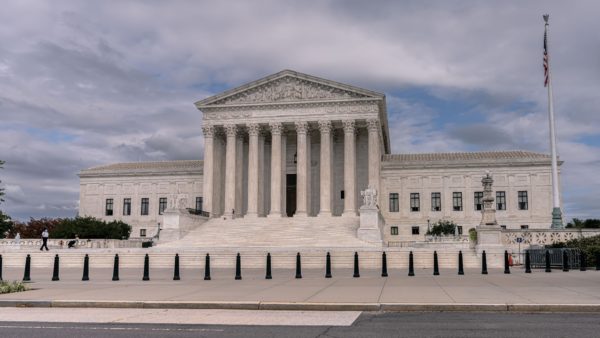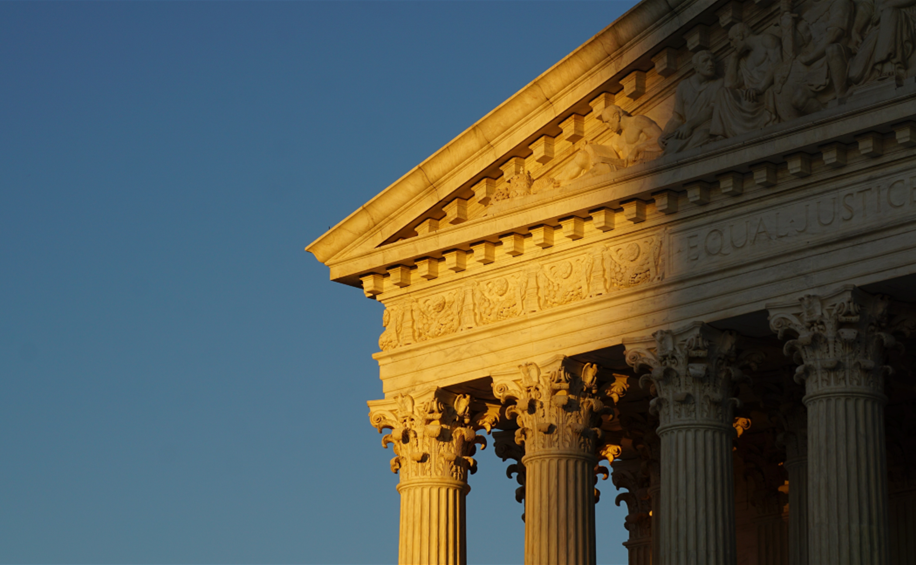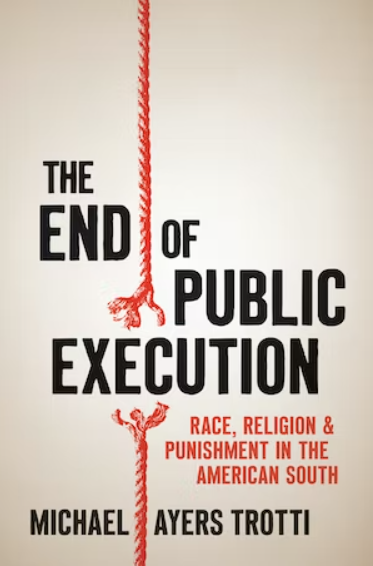The death penalty in America always incites controversy.
Last year, Alabama took three hours to administer their lethal injection drugs. Idaho had to pause an execution for the lack of those drugs. And two people on death row were exonerated.
The larger long-term problem with capital punishment dwarfs these specific moments. Racism undergirds and defines the historical context.
The numbers are troubling. African Americans constitute about 13% of the U.S. population today but represent 41% of those on death row.
The legal culture and traditions of the South contribute most to these damning statistics. Continuing the historical legacies from 100 years ago, most executions today occur in the South — and not just Texas. Historically, more than 80% of those executed in the South were African American men, more than twice their proportion of the South’s population.
The blame extends well beyond the South. The rest of the country also executes people of color disproportionately to their share of the population, continuing a century of trends. Yet it is with the American South that this discrimination dominates the history of capital punishment.
In the 19th century, the vast majority of African Americans lived in the South rather than outside of it. In the 1890s, 51 African Americans were executed in regions beyond the South. Almost 10 times that number faced the death penalty in the South: 479. The whole nation discriminates. But 100 years ago, the South was where almost all African Americans were given the death penalty.
In terms of capital punishment today, the South matters for a different reason. Many states outside the South have abandoned the death penalty. If they have retained it, few use it. In 2020, all but one execution in the nation was in the South. In 2021, all but 3. In 2022, all but 3 were in the South or in adjacent border states such as Missouri and Oklahoma.
The interplay between race and capital punishment in the South emerged in the 19th century and continues into the present, but with important changes. Many shifts in the last 100 years expose just how uncomfortable Americans have become with the practice.
For most of the 20th century, the use of the death penalty declined and declined and declined. Many states abolished it. States that did not used it less. By the late 1960s, the United States execution numbers decreased from 7 in 1965, 1 in 1966 and 1967, then 0 in 1968.
In 1972, the Supreme Court declared the death penalty was so “arbitrary and capricious” that it was “cruel and unusual” as a punishment and therefore unconstitutional. Several Justices expressly called out the racism in the application of capital punishment in their opinions.
By 1976, the Supreme Court allowed new procedures passed by states. Executions shot up, mirroring the exploding number of incarcerated people in the decades after 1970. By 1999, 98 executions occurred, a peak year.

Photo by Adam Szuscik on Unsplash
Since the late 1990s, the death penalty appears to be fading away once again. States have abolished or paused their executions. The nation has averaged only 19 executions in the last seven years. That is the fewest U.S. executions since their dramatic rise in the 1980s.
In our current moment, it is once again unusual and cruel for the state to kill, especially given the issues of mental illness so prevalent among those condemned.
In 2021, Virginia became the first Southern state to end capital punishment. In 2022, Oregon’s Governor commuted all 17 people on death row, calling capital punishment “dysfunctional and immoral.”
Racism so poisons the history of the death penalty in America that practical arguments such as the exorbitant expense to taxpayers in legal fees for a death sentence are unnecessary. The nation urgently needs to relegate this practice to history.
The only death penalty that makes sense for a 21st century democracy is no death penalty at all. In the last generation, it appears that we may be heading in that direction.
Michael Trotti is Professor of History at Ithaca College and author, most recently, of “The End of Public Execution: Race, Religion, and Punishment in the American South.” He has also written essays on violence, lynching, and the death penalty in the Journal of American History and the Journal of Social History and a book on the press and murder called “The Body in the Reservoir: Murder and Sensationalism in the South.”
Header photo by Ian Hutchinson on Unsplash.


